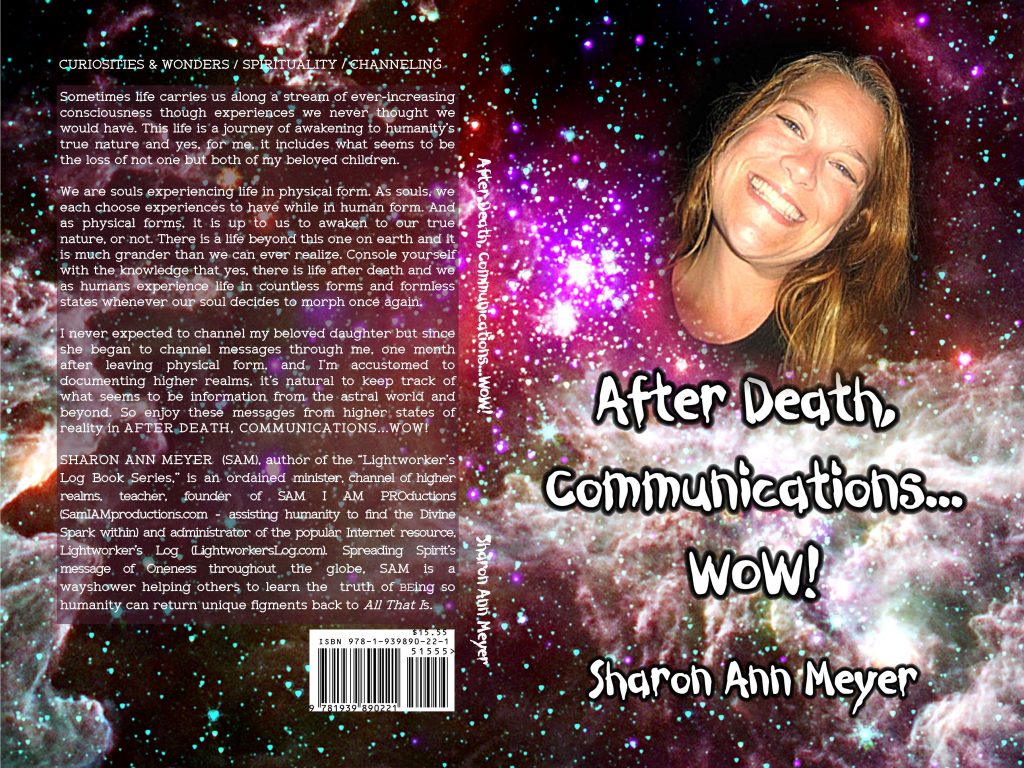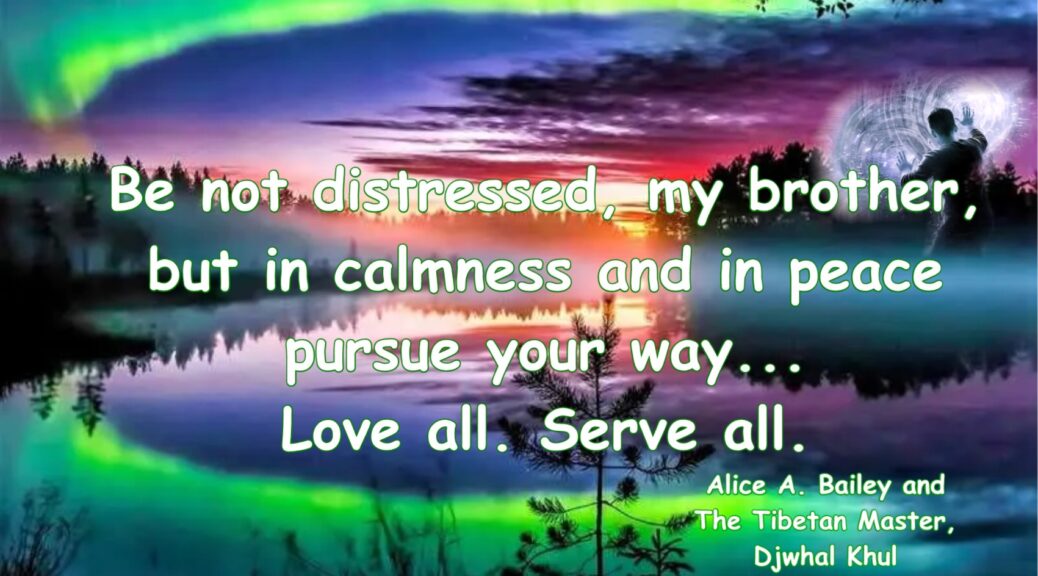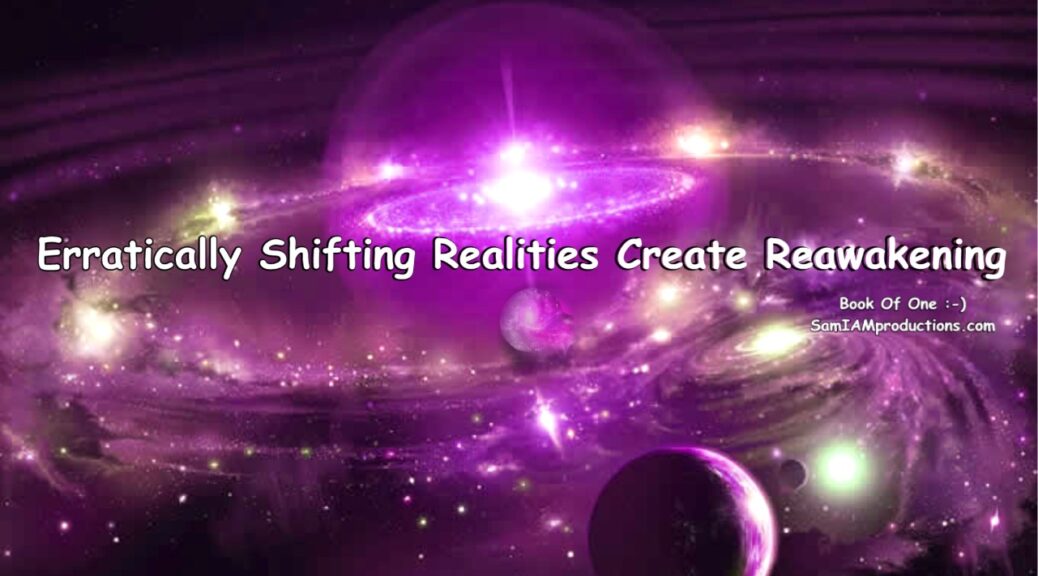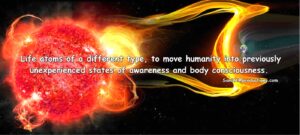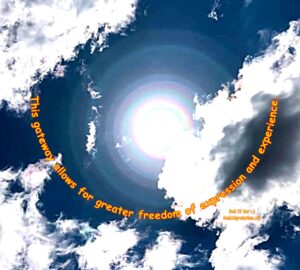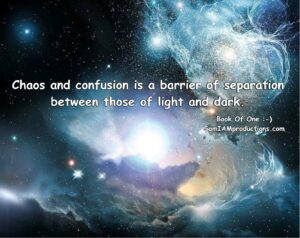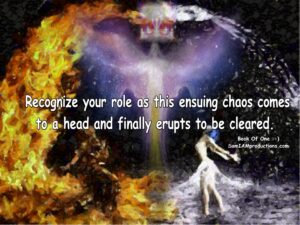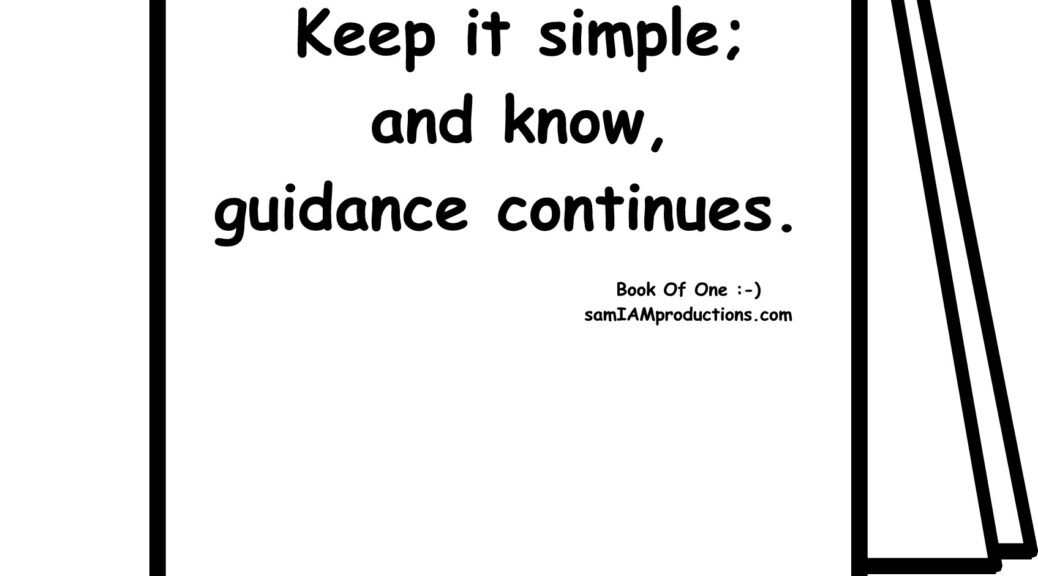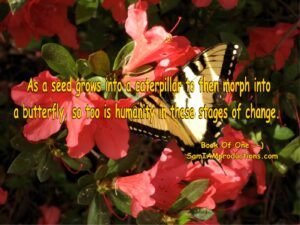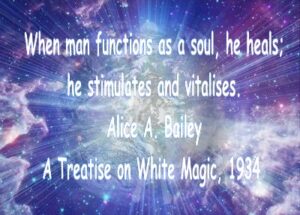“Within the deepest reaches of greater frequencies exists the wisdoms many seek, and it is these wisdoms of ages past that shall serve to lift humanity into an unprecedented state in which all become aware of the worthiness within. There is no right nor wrong within the realm of duality, for each experience and expression balances other experiences and expressions, and all are worthy of existence upon Planet Earth.
 “There is no if, ands, or buts, merely aspects of consciousness seeking to experience and express in what can be referred to as a realm of free reign where free will continues to exist despite what seems as gross efforts to disturb choices made. Knowing that all exist within a realm of duality continues to place humanity within unprecedented times where each soul upon the planet exists not only for its own experience and expression but the congealed experience and expression of humanity as a whole. Continuing to reach greater and greater frequencies of awareness much of humanity continues to awaken to the true nature not only to its own existence upon Planet Earth but in other frequencies of existence as well.
“There is no if, ands, or buts, merely aspects of consciousness seeking to experience and express in what can be referred to as a realm of free reign where free will continues to exist despite what seems as gross efforts to disturb choices made. Knowing that all exist within a realm of duality continues to place humanity within unprecedented times where each soul upon the planet exists not only for its own experience and expression but the congealed experience and expression of humanity as a whole. Continuing to reach greater and greater frequencies of awareness much of humanity continues to awaken to the true nature not only to its own existence upon Planet Earth but in other frequencies of existence as well.
“All are worthy of the experience and expression upon Planet Earth. There are none that are special, nor elite, nor more worthy than another. Keeping this truth in mind, humanity will move forward in consciousness to experience greater and greater frequencies, all as part of the whole of One. The whole of One, which continues to experience and express in unique individual aspects of all that is, was, and ever shall be continues to reach into the deepest caves to shine light upon hidden mis-thoughts and misdeeds within the realm of dualistic experience and expression. As these previously hidden misthoughts and mis-deeds continue to come to the light of day greater and greater disruptions shall occur upon Planet Earth. Come up, and fear not for the disclosures yet to come will continue to bring further light into the planet of earth as they are recognized and cleared for what they are, time-worn beliefs that are ready to be exchanged for greater frequencies of experience and expression.
 “Know that all upon Planet Earth shall continue to participate within what is referred to as the grandest illusion of all time and space where free will exists, and experience and expression is unlimited. Those humans within the realm of humanity continuing to experience greater and greater frequencies of expression shall continue to lead humanity up the Ascending Arc of evolution never to return to the darkest of times.
“Know that all upon Planet Earth shall continue to participate within what is referred to as the grandest illusion of all time and space where free will exists, and experience and expression is unlimited. Those humans within the realm of humanity continuing to experience greater and greater frequencies of expression shall continue to lead humanity up the Ascending Arc of evolution never to return to the darkest of times.
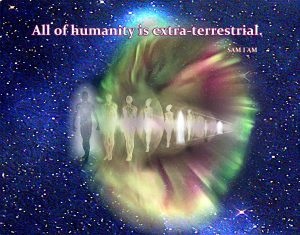 “It is time, dear ones, to leave behind one of countless, unlimited experiences and expressions upon Planet Earth, to move forward as a mass consciousness for greater experience and expression within greater frequencies upon what may be referred to as a new earth, and yet another new earth, until the time in which Planet Earth no longer exists, but in due time, morphs yet again into a greater frequency of experience and expression. Know that all who seek greater frequencies of experience and expression are now afforded with this aspect of consciousness as those leading the way continue to raise the frequency of all within and upon Planet Earth.
“It is time, dear ones, to leave behind one of countless, unlimited experiences and expressions upon Planet Earth, to move forward as a mass consciousness for greater experience and expression within greater frequencies upon what may be referred to as a new earth, and yet another new earth, until the time in which Planet Earth no longer exists, but in due time, morphs yet again into a greater frequency of experience and expression. Know that all who seek greater frequencies of experience and expression are now afforded with this aspect of consciousness as those leading the way continue to raise the frequency of all within and upon Planet Earth.
“We of the higher frequencies of experience and expression within all that is, was, and ever shall be now relate; we are greater experiences and expressions of all those upon, within, coming to and from Planet Earth, along with other frequencies within the boundless, limitless one of all that is and was and ever shall be.”
What JOY to share this inspiring message!
I cannot stress enough the value of keeping an inspirational book in print at bedside! Proficient Wisdom Scratching the Surface, holds additional guidance, support and inspiration. This website, Lightworker’s Log and published books have been solely supported by the author since 2009, and knowing the immense importance of these times the work continues.
If you value the information received please consider balancing receiving and giving with a cash or gift card donation sent via postal mail to: SAM, P.O. Box 39385, Fort Lauderdale, FL 33339-9385.
Also consider boosting your vibrational rate with the Book Of One 🙂 Series. It holds channeled messages, the Author’s Experiences of moving between frequencies/dimensions of reality, ascension tools, signs of light activation, affirmations, and conscious living tips. Remember, a physical book in hand cannot be erased digitally, does NOT erupt harmful microwaves, and is easier on the eyes and soul than gadgets. The audio version of the first volume will be available shortly.
Comments, questions and suggestions welcome at the
Contact Page.
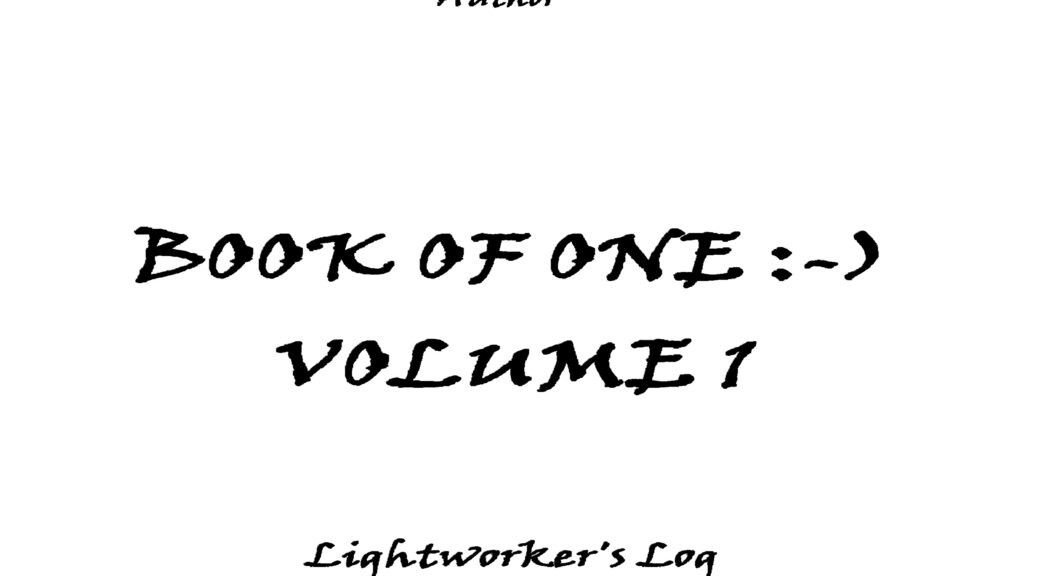
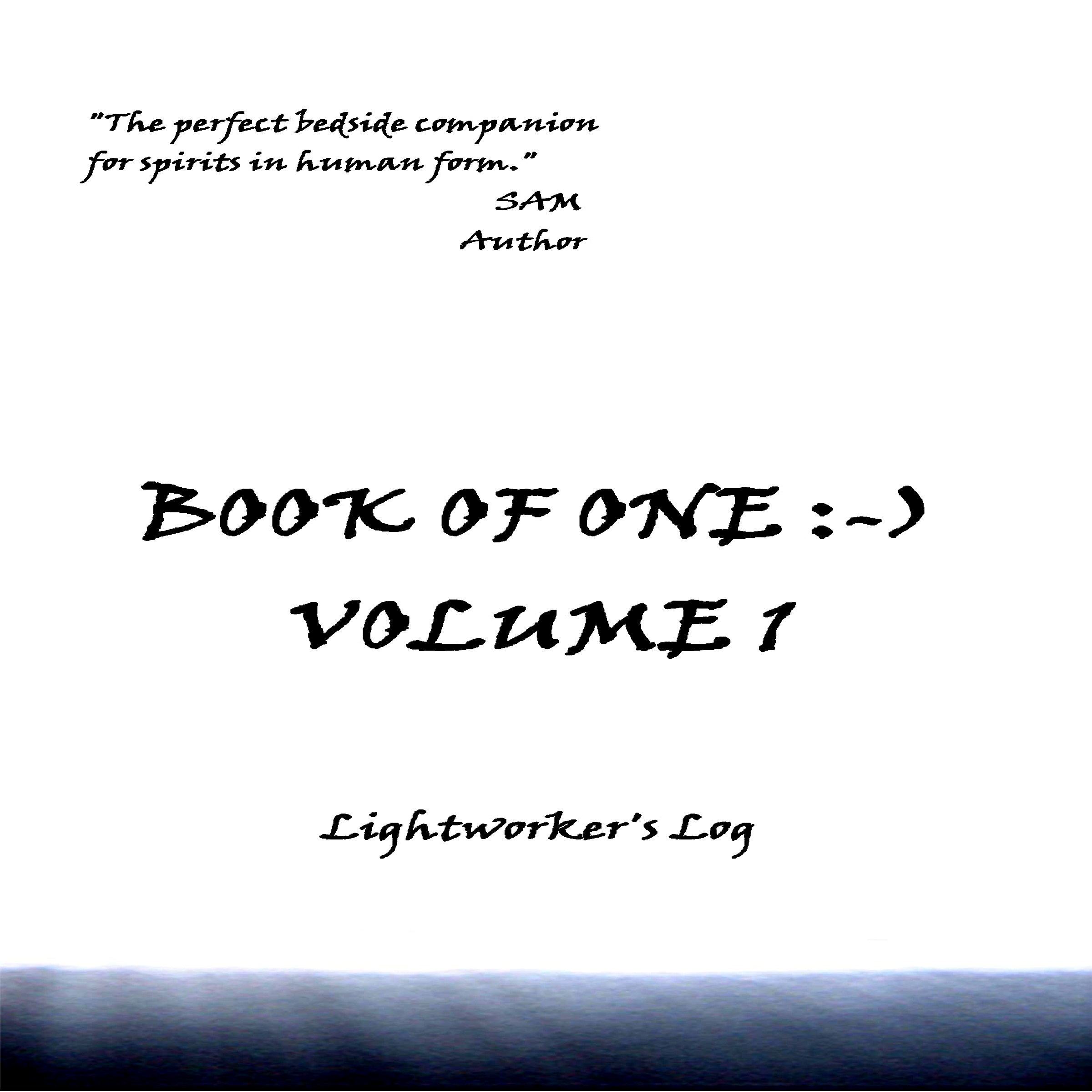
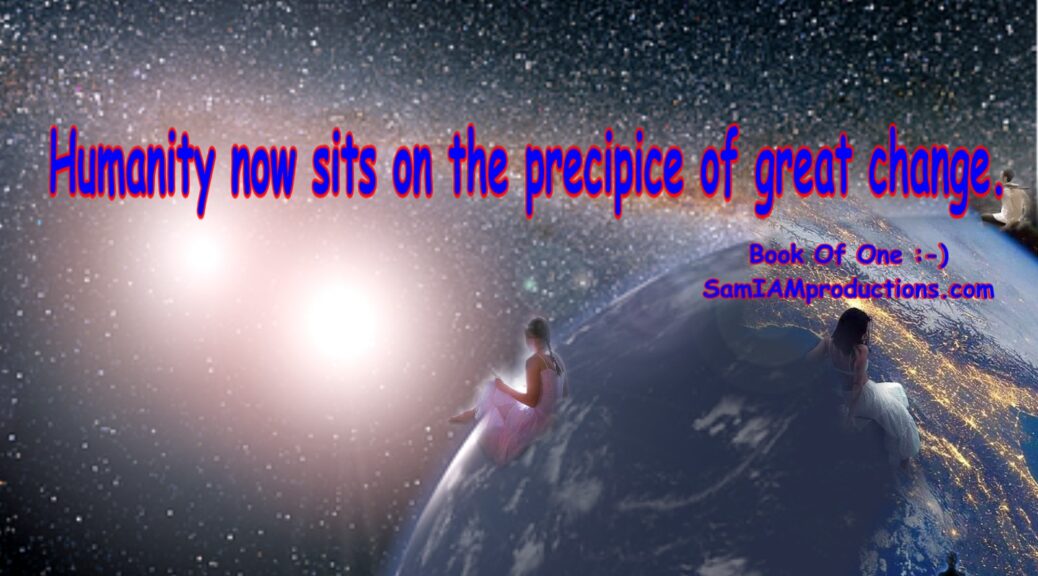



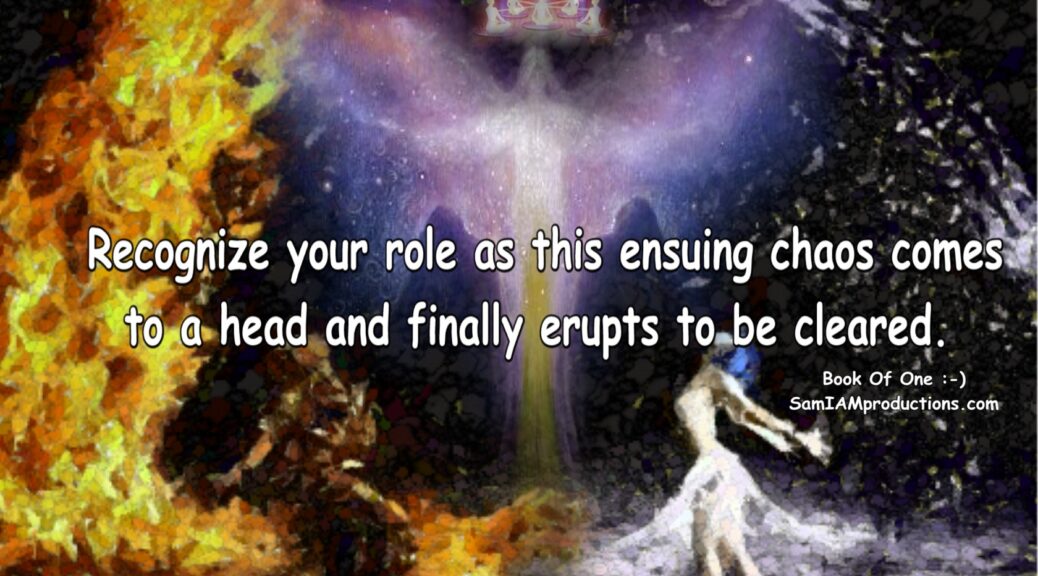
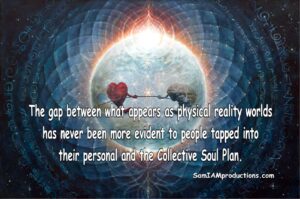
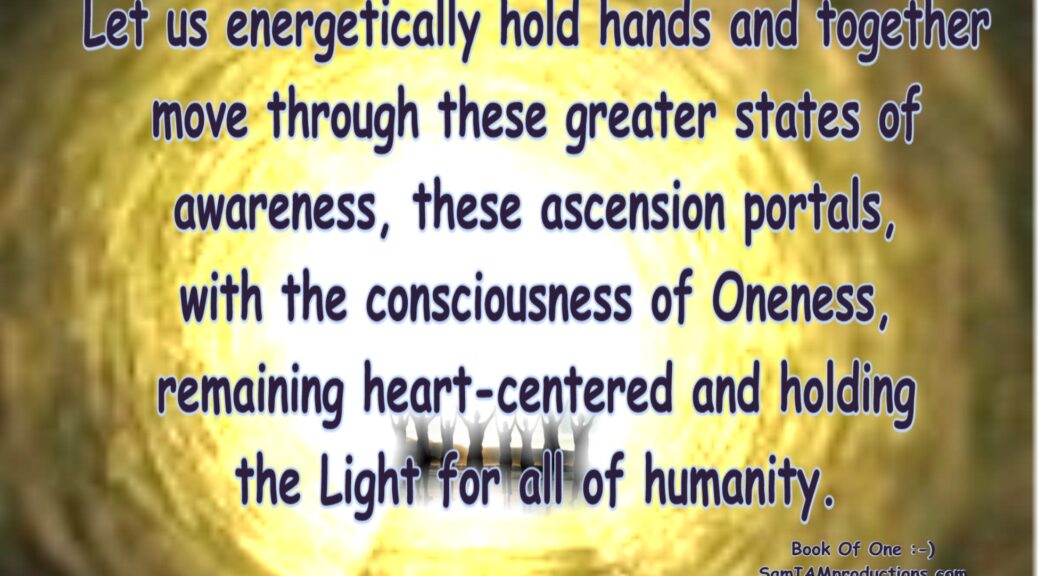
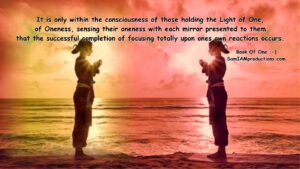
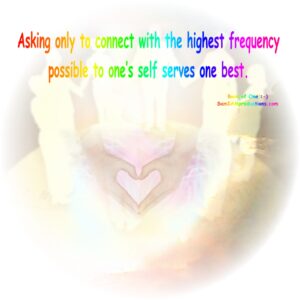

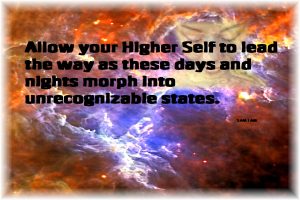
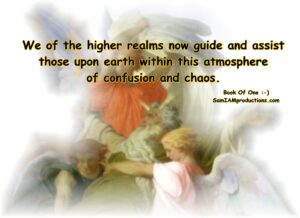
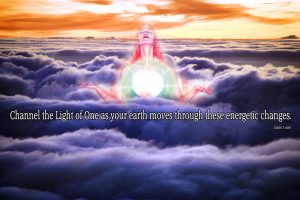
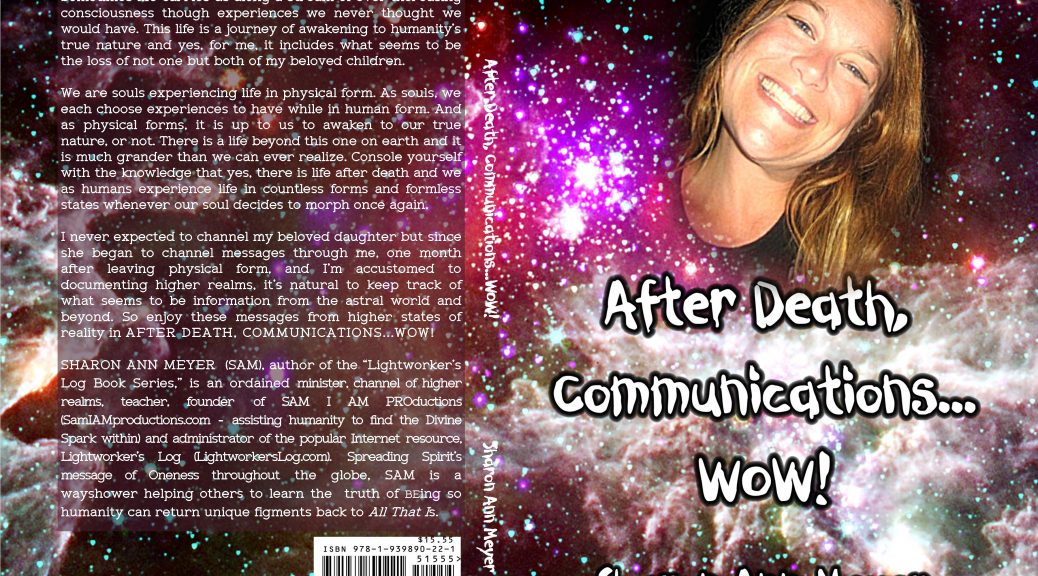
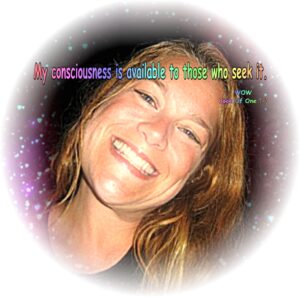 There are gifts in everything that occurs and we need only change our perception to recognize them! Click Here to
There are gifts in everything that occurs and we need only change our perception to recognize them! Click Here to 